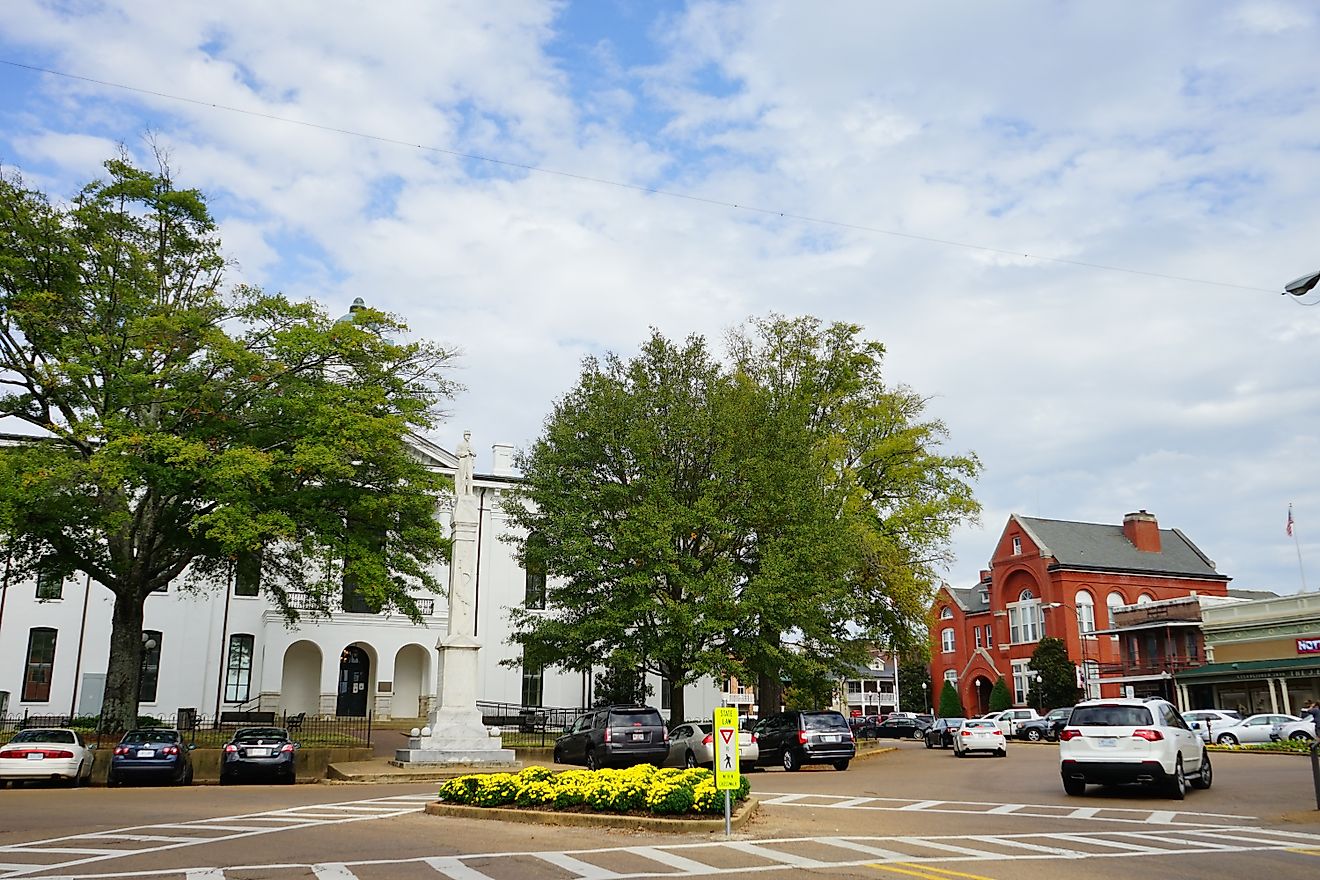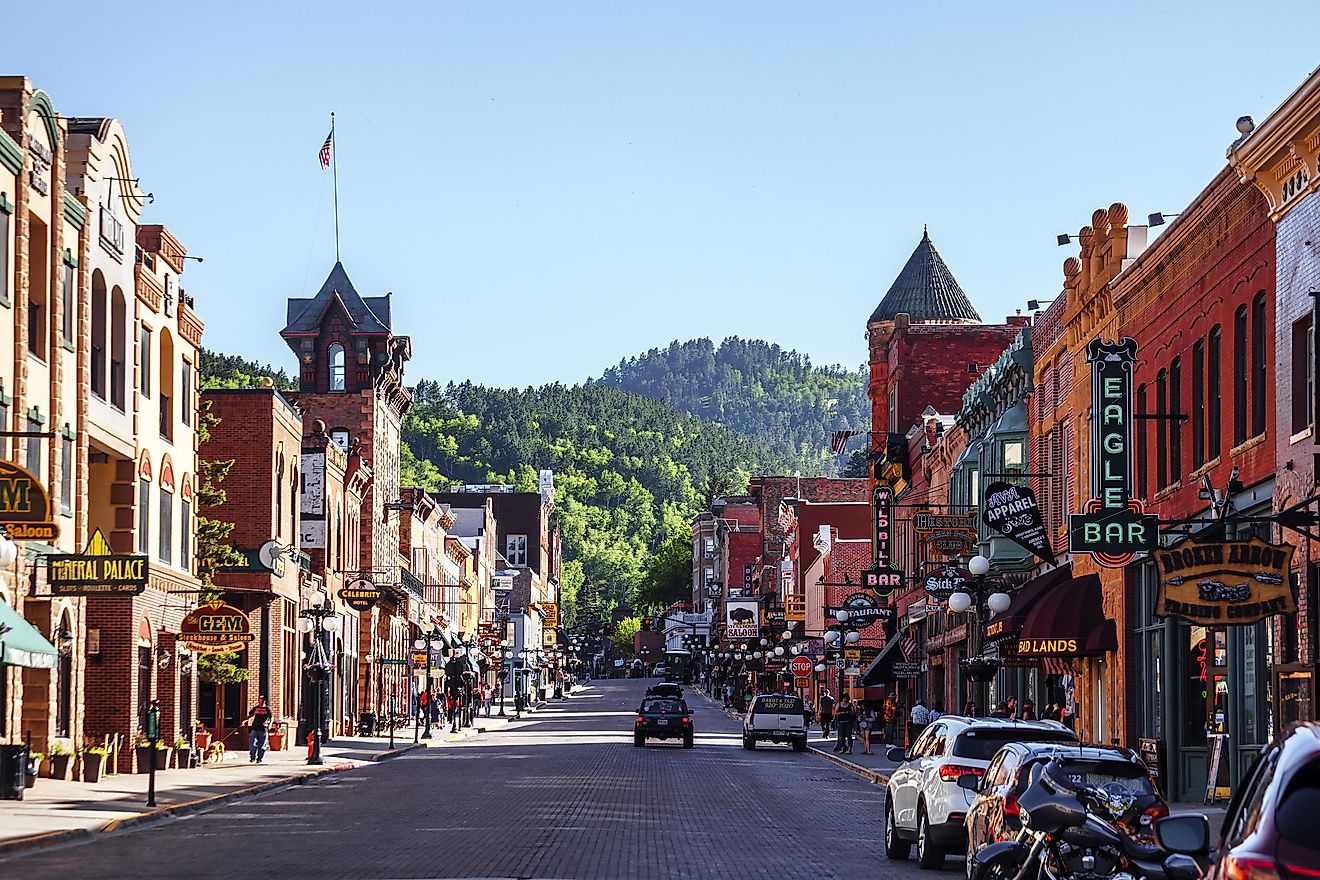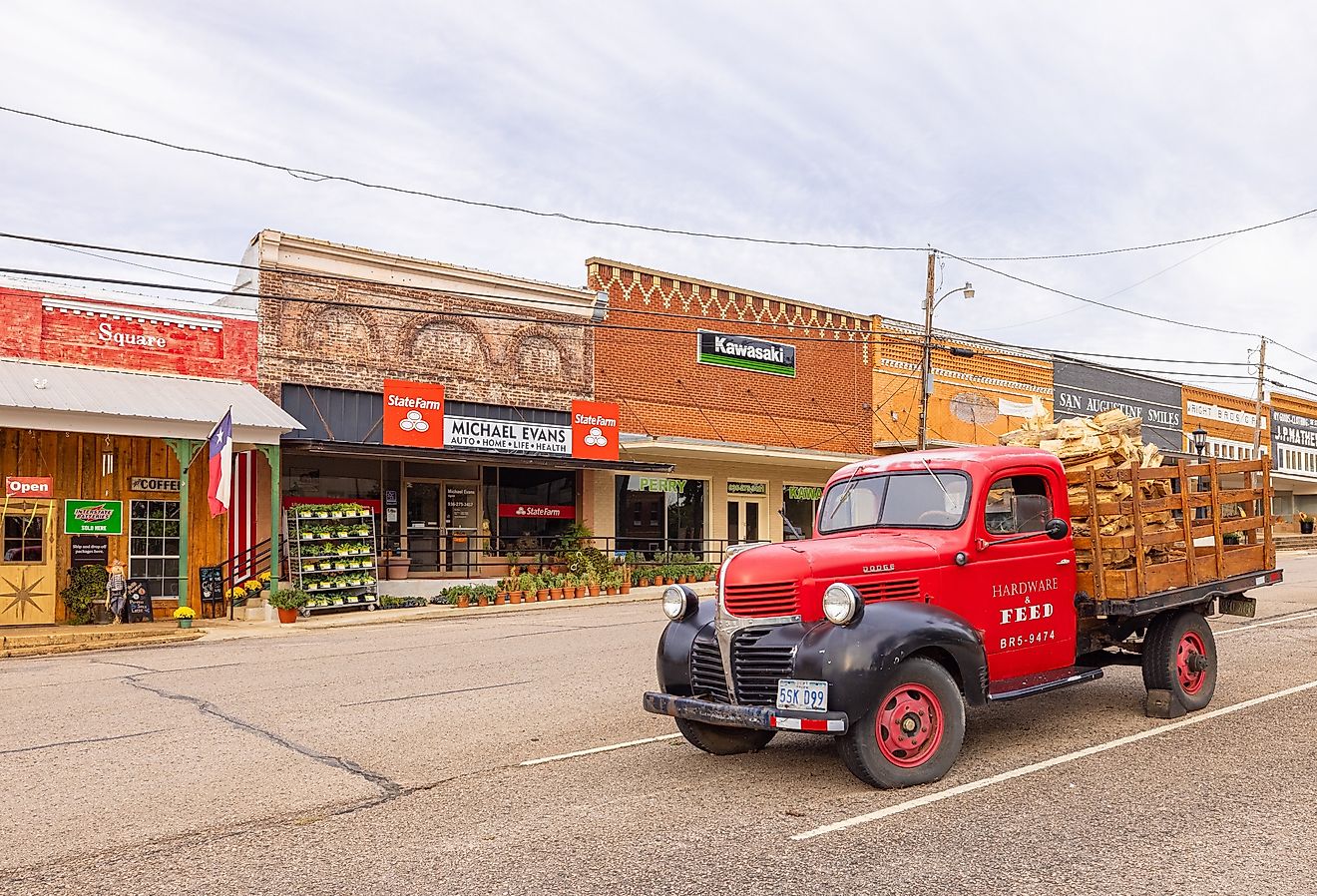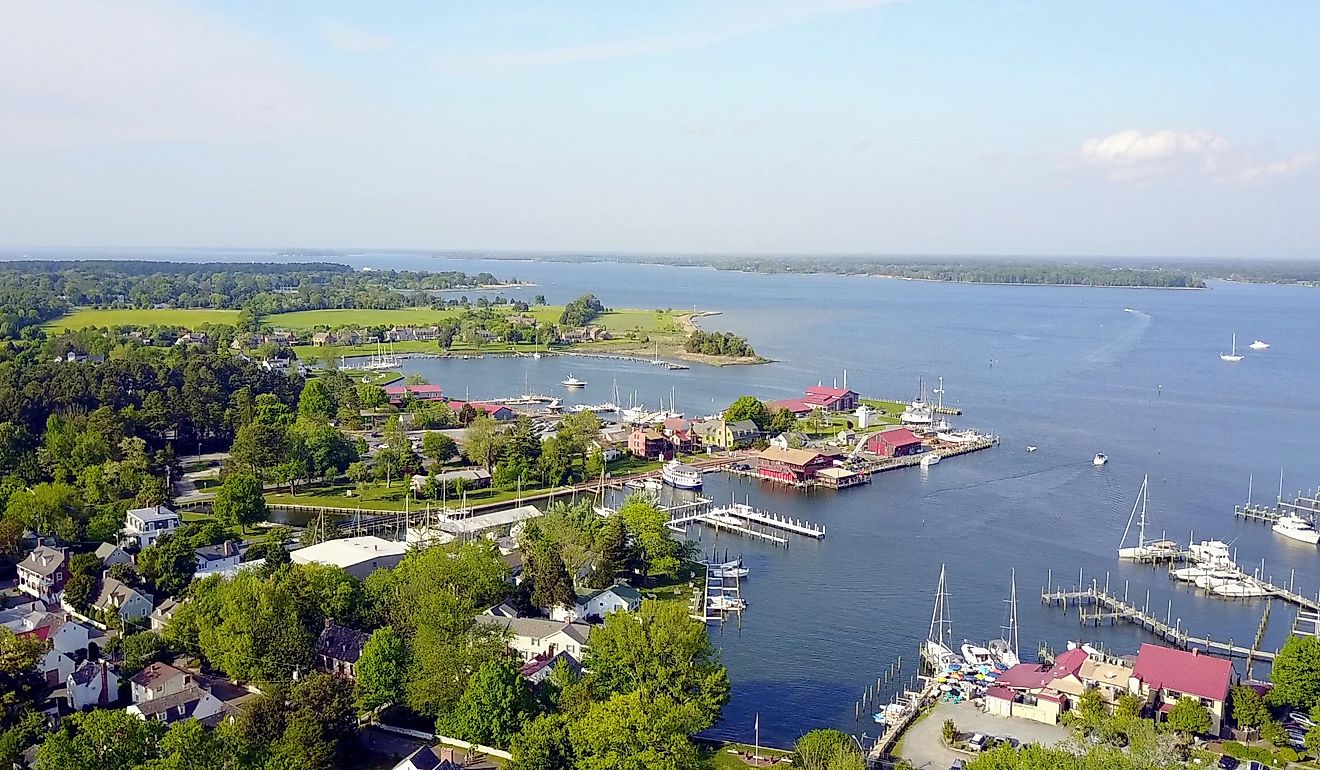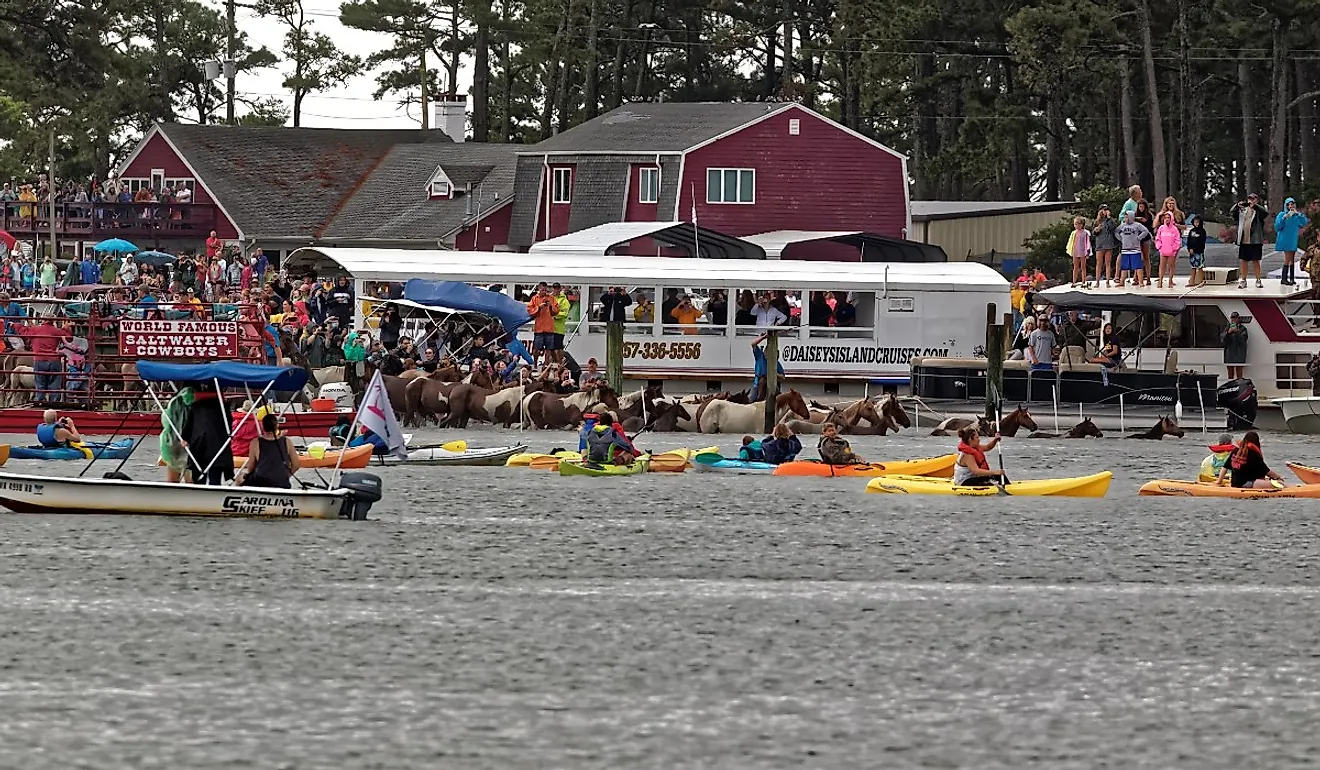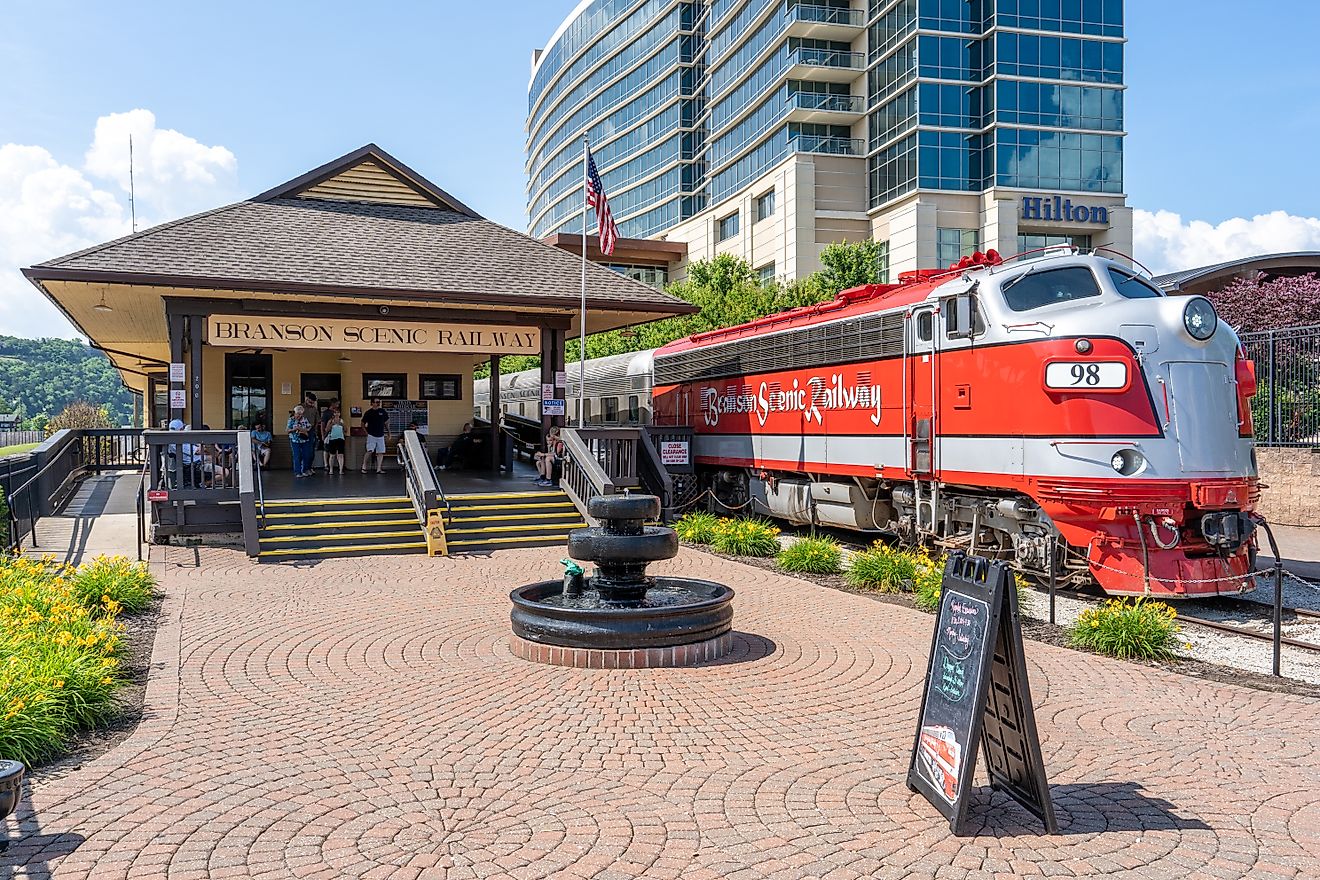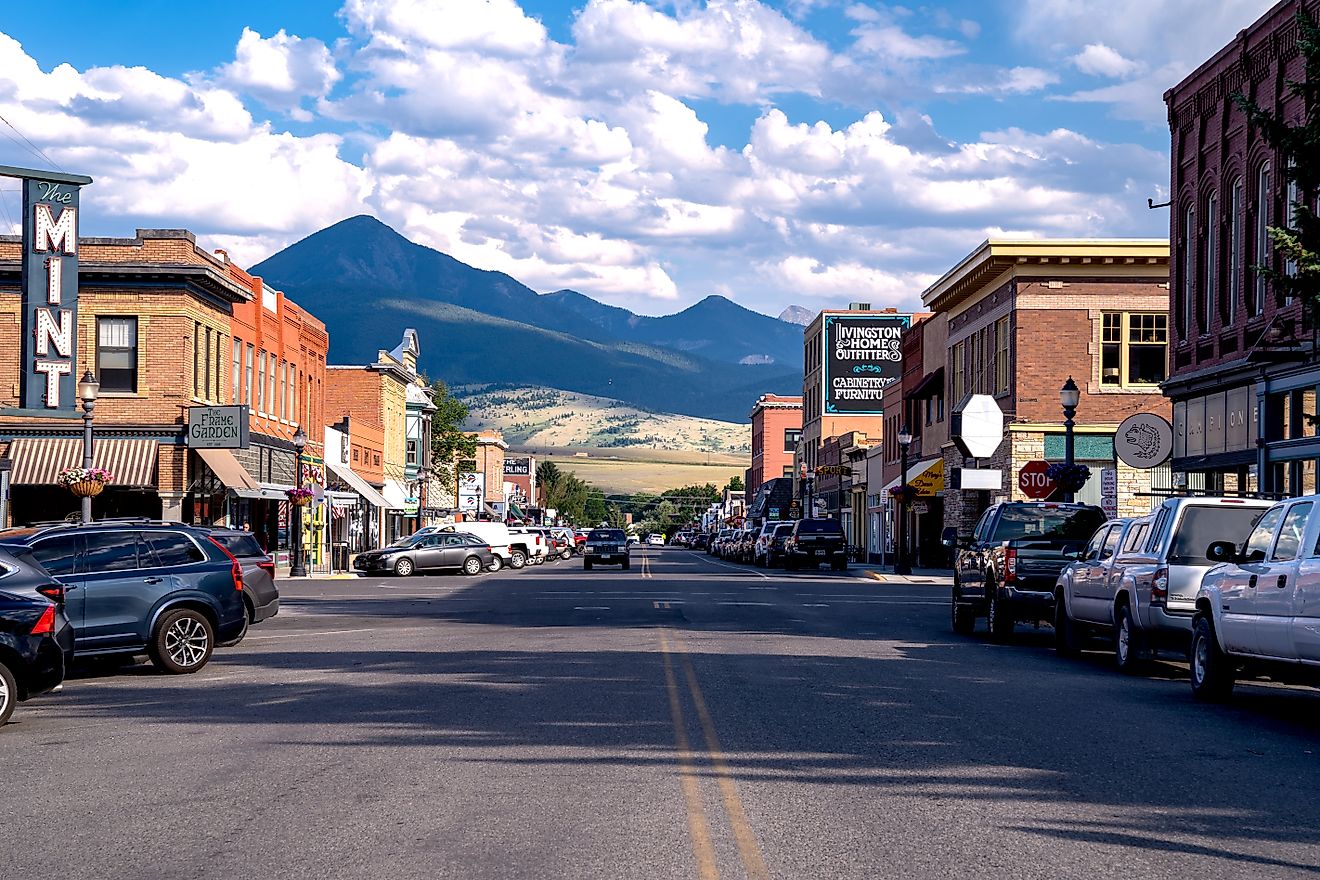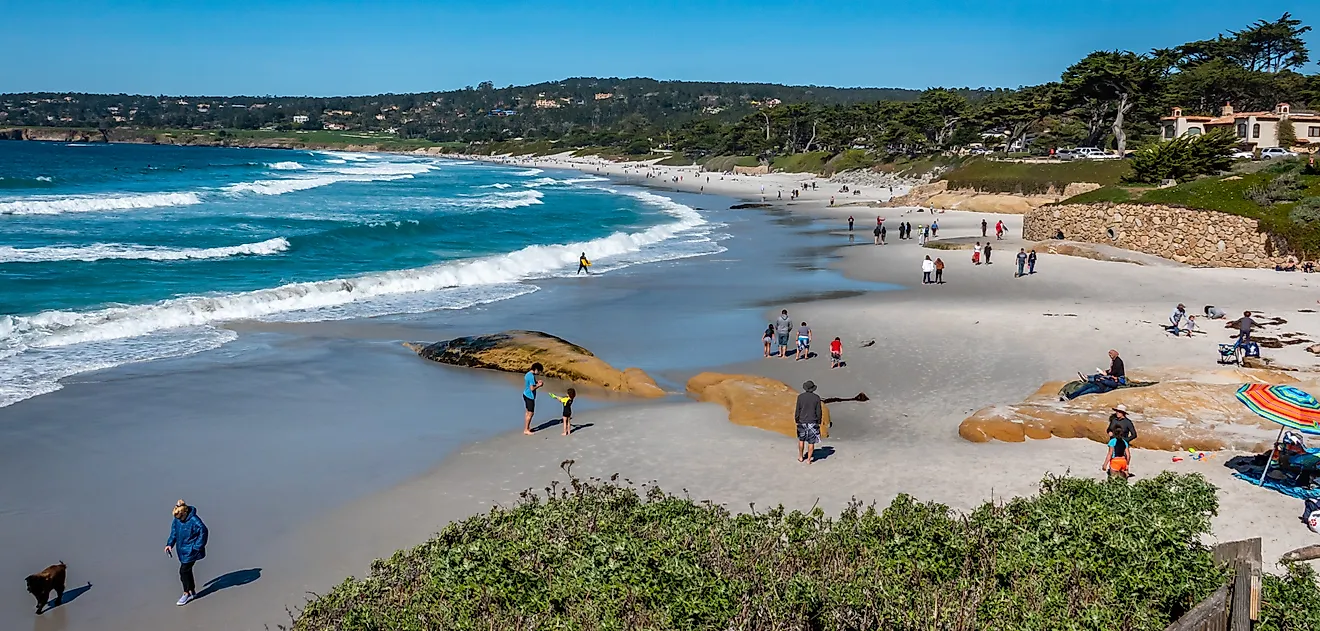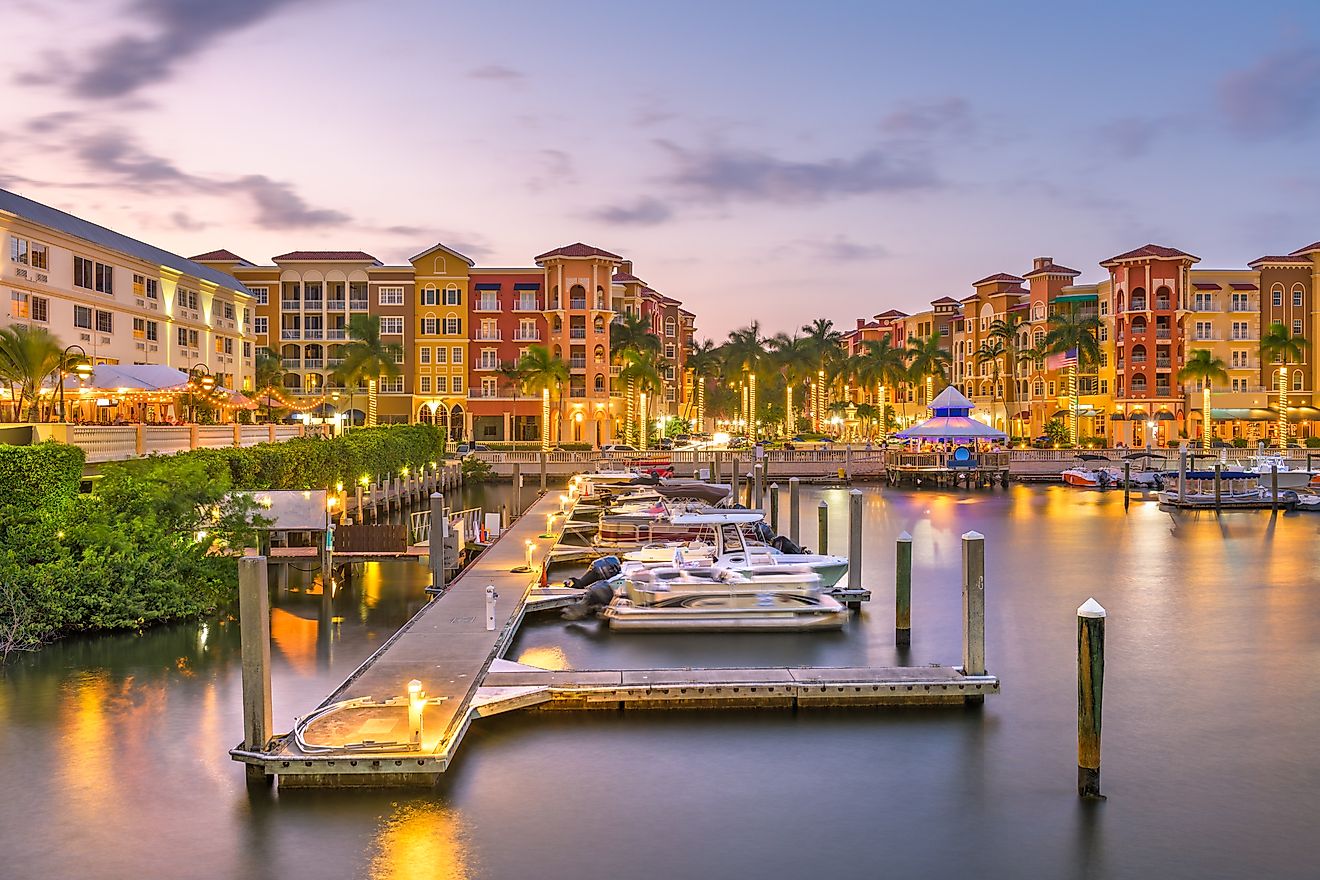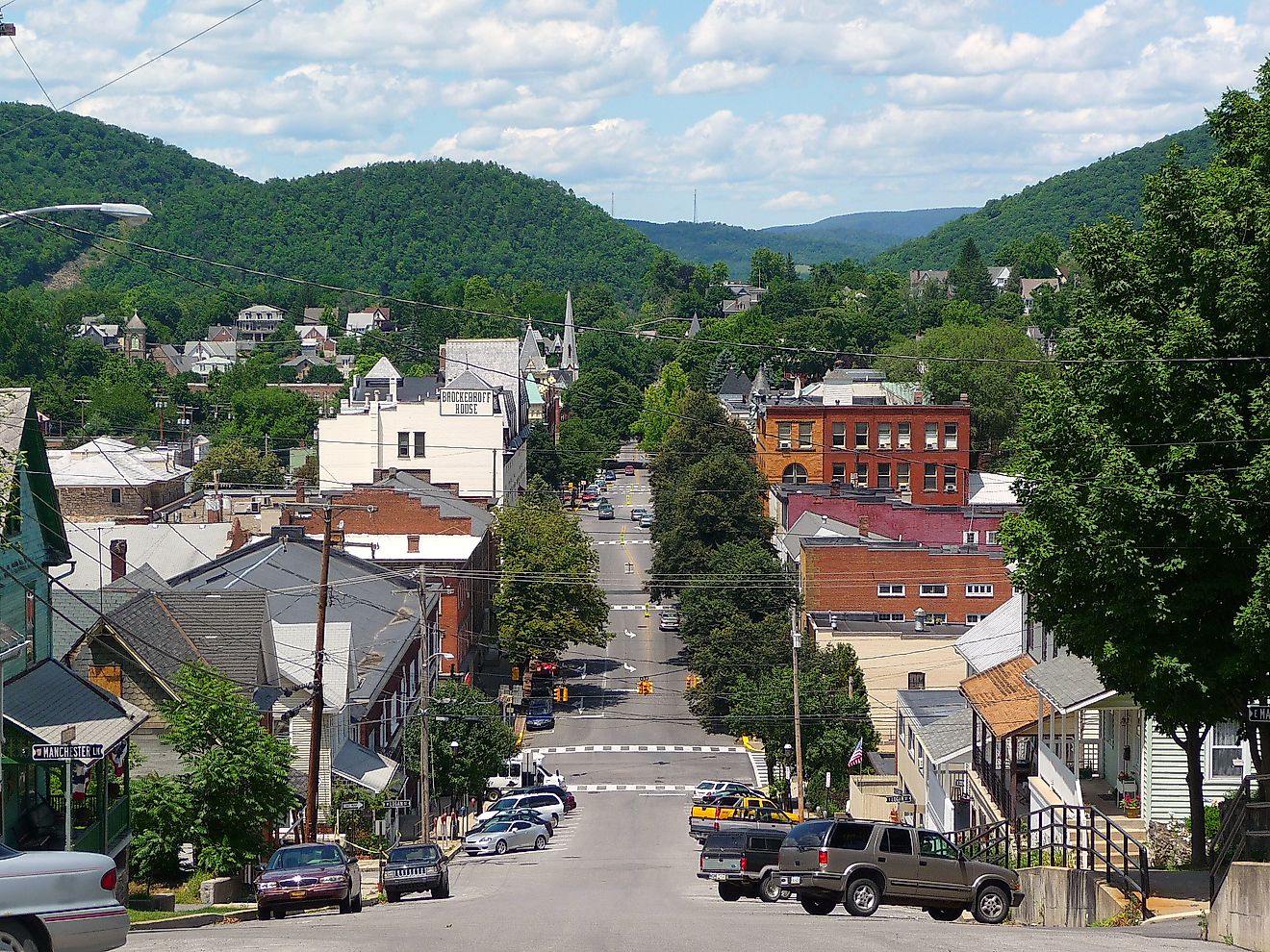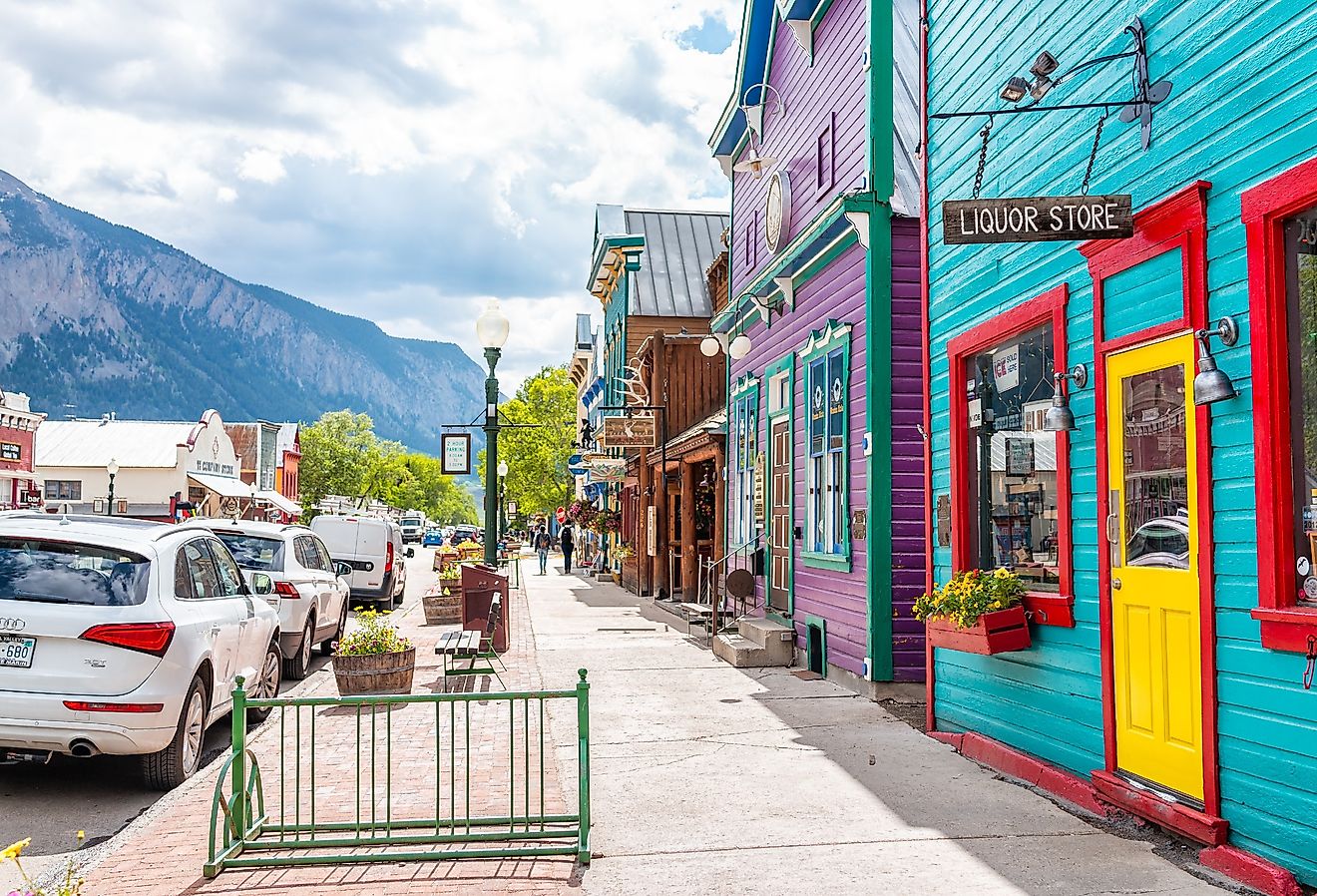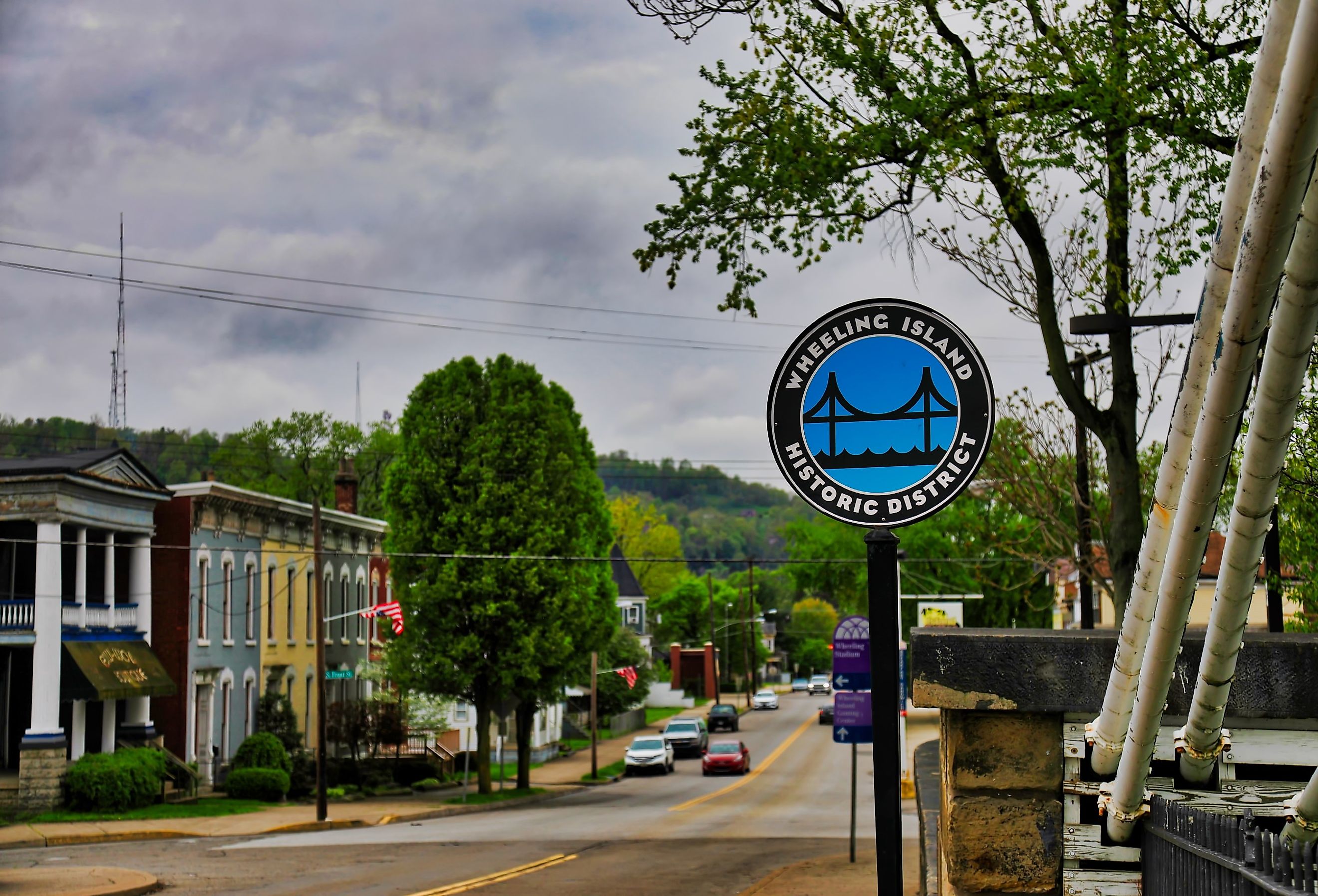
6 Budget-Friendly Towns in West Virginia for Retirees
Founded in 1863, West Virginia is a fairly small state in the eastern United States. This state shares borders with Pennsylvania, Maryland, Virginia, Kentucky, and Ohio. The Appalachian Mountains run through the state, making it the state with the highest average elevation east of the Mississippi River. As the Mountain State, most of the state is covered by oak, poplar, maple, beech, black cherry, pine, and spruce forests, among others.
Today, many of West Virginia's major communities sit along the Ohio River due to their easy access compared with communities higher in the mountains. Despite its small size and rugged terrain, West Virginia has strong social services, and affordable real estate, making it an ideal and budget-friendly state to consider retiring in.
Charleston
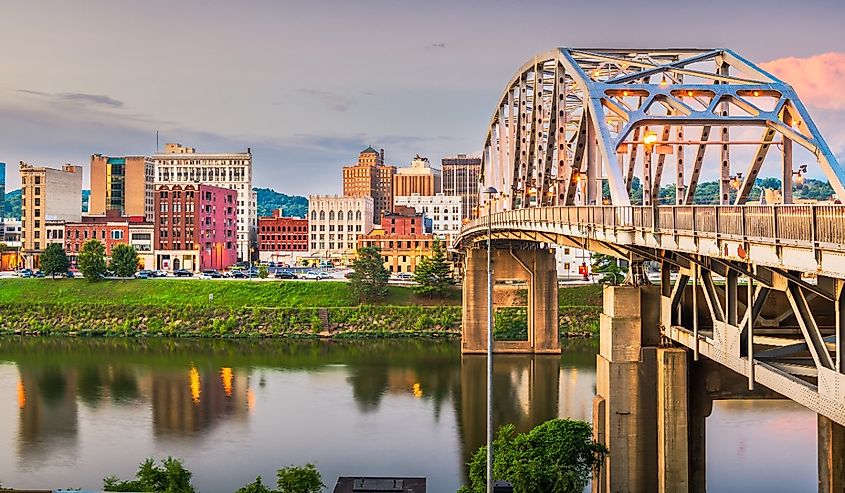
The cost of living in Charleston is 15% below the national average, with the median home price sitting at $156,900 (according to the Economic Research Institute). This community of 48,415 is the largest in the state and also has a very low crime rate. West Virginia's capital city, Charleston, is the place to be for those wishing to stay connected to this state's hustle and bustle. The town is known for hiking and biking trails, especially throughout the Kanawha State Forest.
The Clay Center, West Virginia State Museum, and Capitol Market are the town's hubs for arts, culture, and socialization. Charleston is home to numerous hospitals run by the CAMC system and senior centers that are available depending on personal preference, proximity, and needs. The City of South Charleston Community Center runs a full calendar of senior events year-round.
Huntington

The cost of living in this town of 46,637 is 21% below the national average and 5% below the state average, making it an incredibly affordable community. The median home price is $100,300, and crime rate is very low in this community. There is no shortage of beautiful activities and attractions to spend your days at in Huntington. The Ritter Park Rose Garden, St. Cloud Commons Lodge, and Harris Riverfront Park are just three of this town's beautiful parks run by the city. The Collis P. Huntington Historical Railroad Society offers train trips down the New River Gorge.
The Cabell-Huntington Hospital and Marshall University Medical Center provide medical services to Huntington residents. There are also four senior centers to choose from: the Underwood Senior Center, Westmoreland Senior Citizens Center, Marie Redd Senior Life and Enrichment Center, and the CCCSO. Each center offers its own calendar of events and services, with the CCCSO offering financial, transportation, and caregiving services.
Morgantown
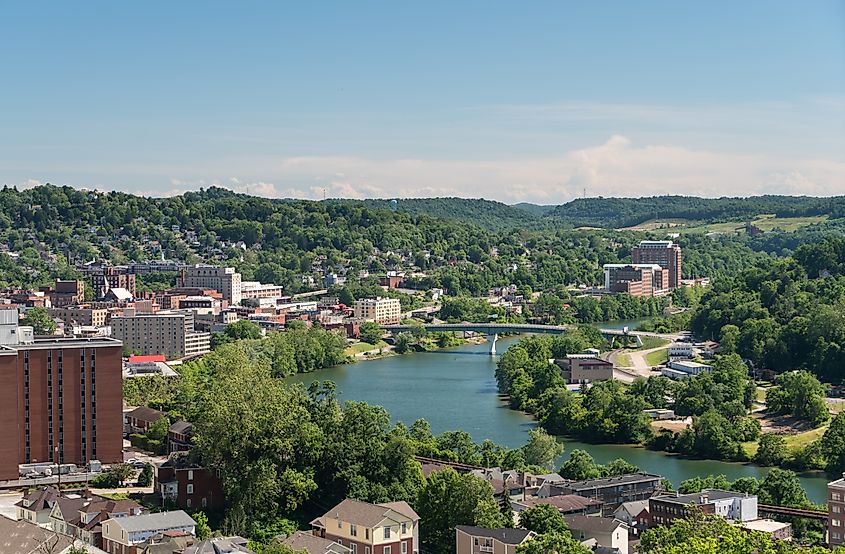
Crime rates are relatively low in this community of 30,220. The cost of living is 18% below the national average and 1% below the state average, with the median home price averaging $215,000. Morgantown sits near the border with Pennsylvania and has the Monongahela River running right through the center of town. This town is big on football, with the Mountaineer Field at Milan Puskar Stadium being a big hub for social life.
The Mesaros Galleries and WVU's Art Museum attract the town's more arts-focused residents and visitors. There are a number of hospitals, such as the Mon Health Medical Center, and senior centers in town to choose from, meaning that you can receive excellent care curated to your needs without having to venture far. The Senior Monongalians offers active, creative, and social opportunities for Morgantown's senior community, as well as hot lunches and in-home services.
Parkersburg

The average cost of living in Parkersburg is 26% below the national average and 11% below the state average, making it an affordable town to consider for retirement. The median home price in this town of 29,685 is $89,800, and crime is fairly low. Parkersburg is known for its outdoor recreation, such as biking, hiking, and kayaking along the Ohio River. Some of the best things to do in town include visiting the Oil & Gas Museum, stopping for a show at The Smoot Theatre, and grabbing dinner at The Blennerhassett Hotel.
The Camden Clark Medical Center is open 24 hours for emergencies, and the Wood County Senior Citizen Association has two locations offering nutrition, events, and information services for those 60 and over.
Wheeling

Wheeling's cost of living is 19% below the national average and 3% below the state average, with the median home price being $110,900. 26,900 residents call Wheeling home, and crime rate is very low in this community. Wheeling is commonly considered West Virginia's birthplace, and the downtown is designated as a National Heritage Area. The Oglebay Good Zoo, Wheeling Island, and Wheeling Bridge are some of this town's most recognizable and loved spots. There is the WVU Wheeling Hospital in town and senior care options, such as those run by the Family Service - Upper Ohio Valley in Wheeling, to choose from.
Weirton

Weirton's cost of living is 21% below the national average and 5% below the state average. Home to 18,971 residents, this community's median home price is currently $94,000. This historic community was founded in the 1700s and is primely located between Pittsburgh and Steubenville. The Weirton Area Museum and Cultural Center, Williams Golf & Country Club, and the history of steel production are part of what make up Weirton's character. Weirton also has a few medical centers, including the Weirton Medical Center - Main Hospital and the Greater Weirton Senior Center, which offers senior programs and services to those who reside in the region.
Regardless of where you choose to settle in West Virginia, its proximity to major cities such as Philadelphia and New York City, its relative affordability, as well as its robust healthcare and senior services make this state an excellent choice for those considering retirement. Many West Virginian communities are small but bustling, with ample outdoor and indoor recreation available, frequent arts and culture shows and programs, as well as numerous state parks and waterfronts to explore.
